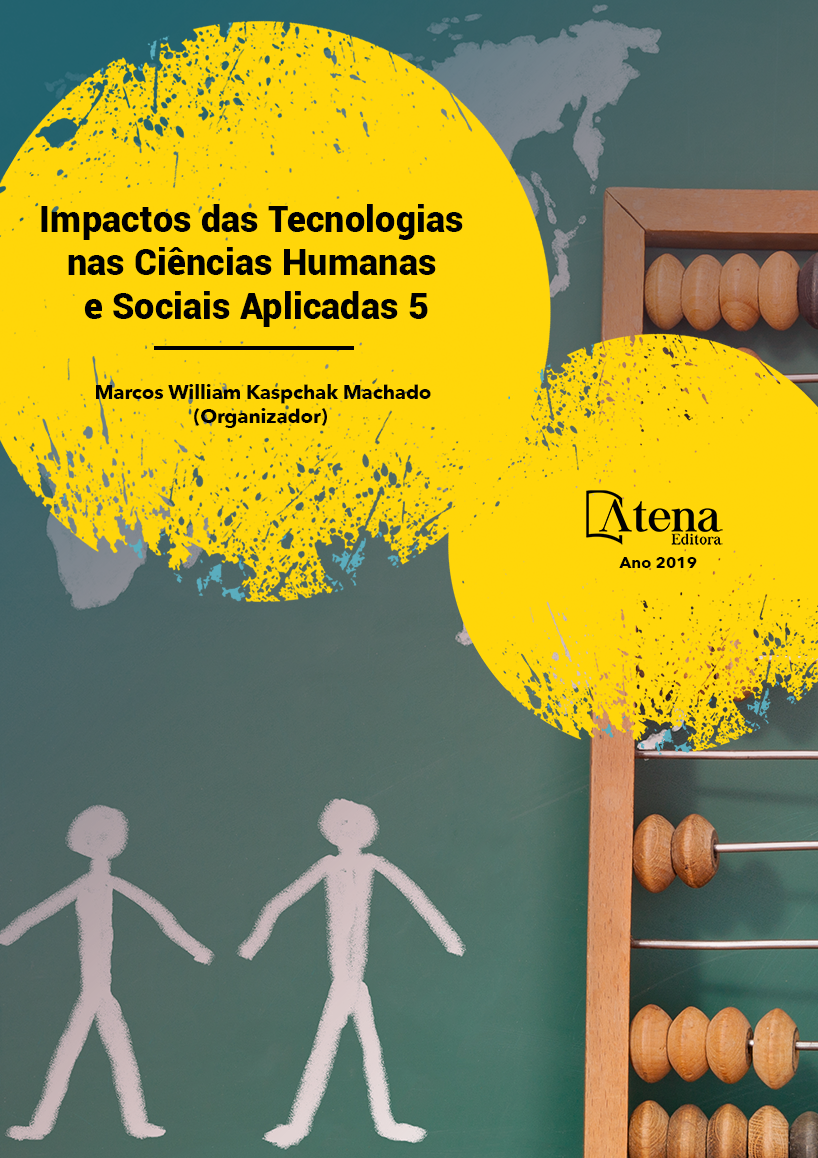
O IMPACTO DO CASO ‘’A ÚLTIMA TENTAÇÃO DE CRISTO (OLMEDO JUSTO E OUTROS) VS. CHILE’’ COMO MARCO DA INFLUÊNCIA DA JURISPRUDÊNCIA INTERNACIONAL EM PAÍSES DA AMÉRICA LATINA
No presente ensaio, partiremos
da relevância do Sistema Interamericano de
Proteção de Direitos Humanos como alicerce
para a exposição do Interconstitucionalismo,
teoria esta defendida pelo professor José
Joaquim Gomes Canotilho. Para alcançar
tal objetivo, iniciaremos nossos estudos
apresentando as diretrizes históricas do
continente sul americano, tendo como ponto de
partida os Regimes Ditatoriais e o cerceamento
de garantias fundamentais da população
desta região, especificamente na segunda
metade do Século XX. Com base nesse
recorte histórico, ilustramos a relevância da
entrada dos Países Latinos como signatários
da Convenção Americana de Direitos Humanos
(CADH), pressuposto da construção do Estado
Democrático de Direito, representando-se,
assim, uma transição para uma cooperação
constitucional internacional. A fim de reforçar tal
sustentação, apresentaremos o caso “A última
Tentação de Cristo” (Olmedo Justo e outros)
vs. Chile’’ que ilustra uma transição para um
novo conceito de soberania estatal, tendo em
vista a obrigatoriedade dos Estados signatários
em respeitarem as normas estabelecidas na
CADH e da viabilidade da supremacia dos
entendimentos da CorteIDH sobre as normas
constitucionais nacionais. Desta forma, diante de
todas as premissas supracitadas, buscaremos
demonstrar a aplicabilidade do fenômeno do
Interconstitucionalismo na América Latina,
tendo por foco o Sistema Interamericano
de Direitos Humanos. Por fim, faz-se mister
salientar que iremos nos valer da metodologia
explicativa, bibliográfica e analítica, utilizandose,
por conseguinte, como fundamento, os
documentos internacionais latino americanos,
paralelo às bases do Sistema Europeu,
conforme já exposto, doutrinas acadêmicas,
teses científicas e sobretudo a jurisprudência
da CorteIDH.
O IMPACTO DO CASO ‘’A ÚLTIMA TENTAÇÃO DE CRISTO (OLMEDO JUSTO E OUTROS) VS. CHILE’’ COMO MARCO DA INFLUÊNCIA DA JURISPRUDÊNCIA INTERNACIONAL EM PAÍSES DA AMÉRICA LATINA
-
DOI: 10.22533/at.ed.65719110313
-
Palavras-chave: Constitucionalização do Direito Internacional; Interconstitucionalismo na América Latina; Sistema Interamericano de Direitos Humanos;
-
Keywords: Constitutionalisation of International Law; Inter Constitutionalism in Latin America; Inter-American System of Human Rights;
-
Abstract:
In this presented project,
we consider the relevance of the Inter-
American System for the Protection of Human
Rights as a foundation for the exposition of
interconstitutionalism, a theory defended by the Professor Gomes Canotilho. To
achieve this goal, we will present the historical guidelines of the South American
continent, specifically in the second half of the 20th century. Based on this historical
clipping, we will illustrate the relevance of the entry of the Latin American countries as
signatories to the American Convention on Human Rights (ACHR), which presupposes
the construction of the Democratic State of Law, thus representing a transition
to international constitutional cooperation. For illustrate we will analyse the Case
“Olmedo Bustos and others vs. Chile” to illustrate a transition to a new concept of state
sovereignty and the main points of debate about the maturation of constitutionalization
of international law, in view of the obligation of the signatory states to respect the
norms established by the ACHR and the feasibility of the supremacy of IACHR and the
feasibility of the supremacy of IACHR understanding of national constitutional norms.
In this way, in view of all the aforementioned premises, we will try to demonstrate the
applicability of the phenomenon of Inter Constitutionalism in Latin America, focusing
on the Inter-American Human Rights System. Finally, it is necessary to emphasize that
we will use the explanatory, bibliographic and analytical methodology, using, therefore,
as a foundation, the Latin American international documents, parallel to the bases of
the European System, as already explained, academic doctrines, and especially the
jurisprudence of the Court.
-
Número de páginas: 15
- Gabriel Luís Massutti de Toledo Leme
- Beatriz Mendes Niyama


